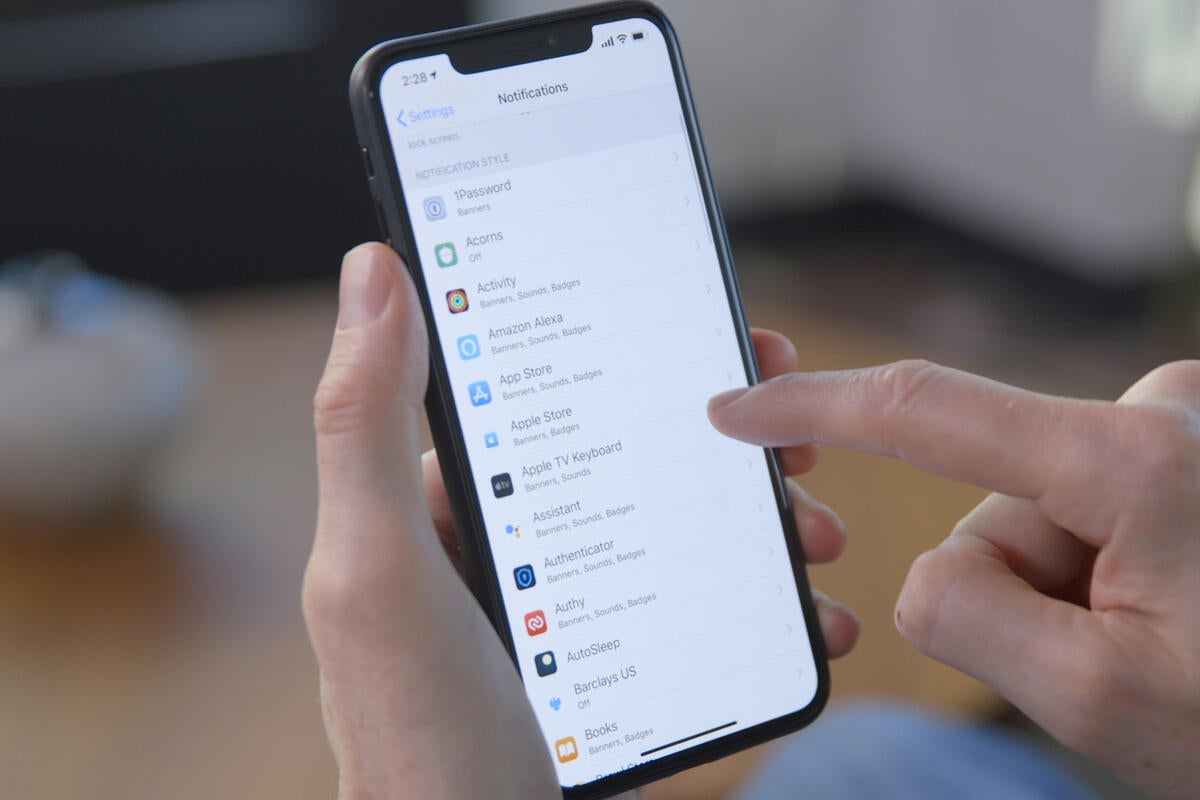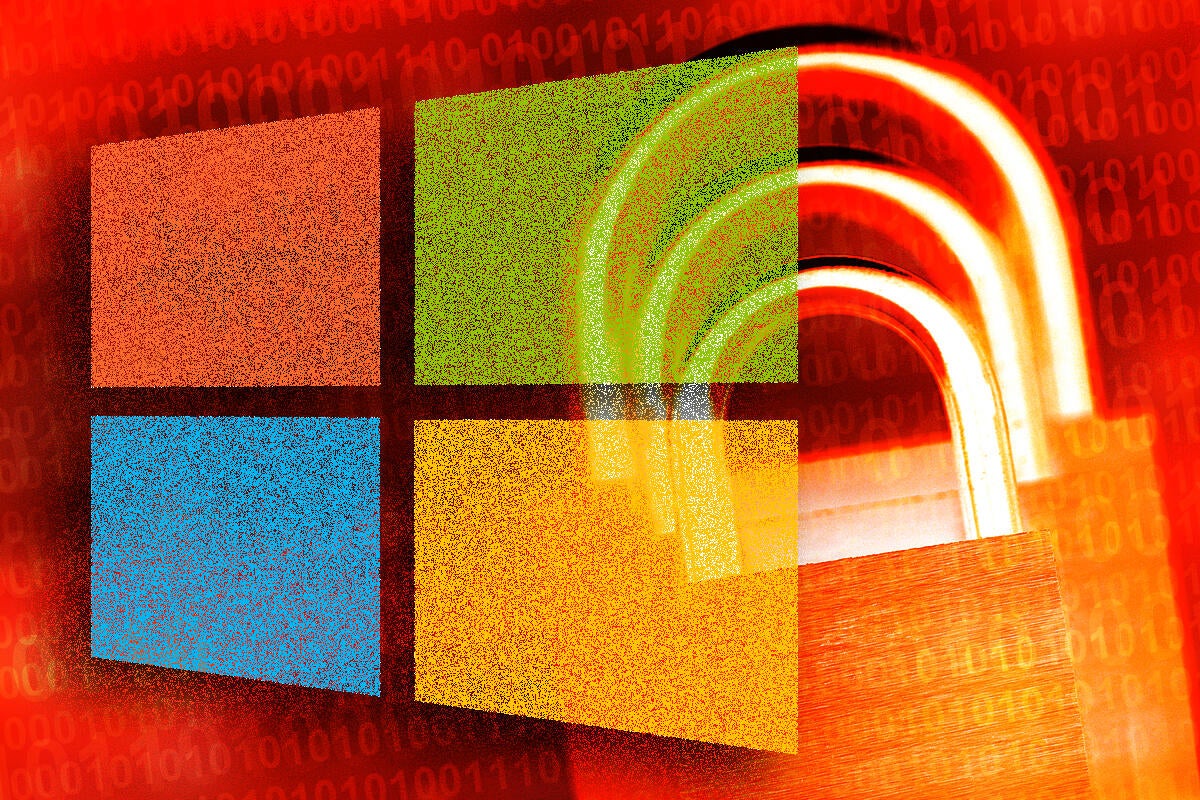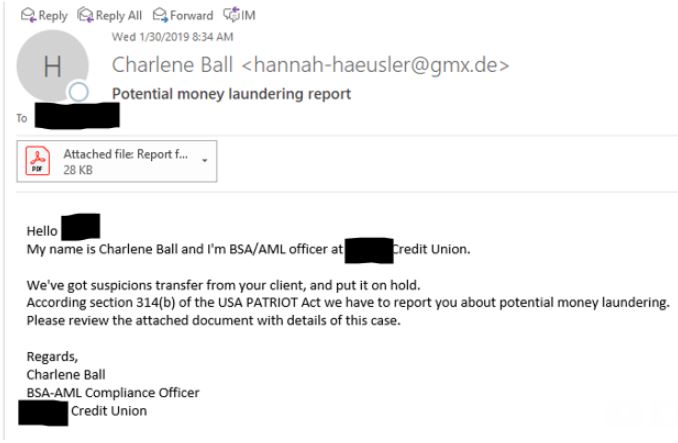How to Select the Best Industrial UPS for Your Business
Credit to Author: Lionel Ardid| Date: Fri, 08 Feb 2019 15:58:48 +0000
When selecting an industrial UPS, businesses have a lot of criteria to consider, including the exact application, environment, risk tolerance and more. You can review a checklist of the various… Read more »
The post How to Select the Best Industrial UPS for Your Business appeared first on Schneider Electric Blog.
Read More




